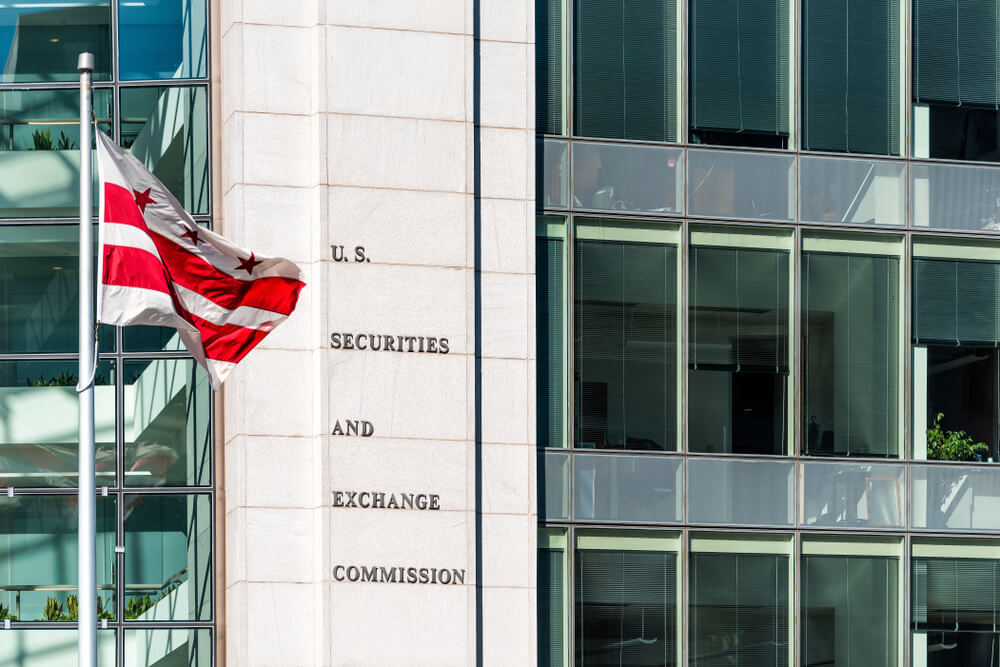ImpactAlpha, July 5 – Fighting climate change just got even harder. But impact investors vowed to redouble their efforts to stave off climate catastrophe.
In a case that reverberated across the regulatory landscape, the U. S. Supreme Court’s conservative majority curtailed the Environmental Protection Agency’s ability to rein in climate-warming greenhouse gasses under the Clean Air Act. The 6-3 vote in West Virginia v. EPA capped a string of precedent-busting bombshells on issues from reproductive rights to guns to tribal rights.
The decision, which dropped as Americans headed into the Independence Day holiday (and during ImpactAlpha’s summer break), came amid heat waves, droughts and wildfires across much of the country and the globe.
“It is difficult to fathom what drives the majority members of the court to tear down the very systems that have made life livable, the sky clear, and waters clean,” said Danielle Fugere of As You Sow.
At issue: an Obama-era policy that would have shifted the country’s power production mix to less-polluting sources such as natural gas and renewable energy via a cap and trade-style system.
The implications: The ruling opened the door to legal challenges for any regulatory policy deemed to exceed explicit direction from Congress. First up could be rules for corporate climate disclosure proposed by the Securities and Exchange Commission.
Fran Seegull of the U.S. Impact Investing Alliance said the ruling “continues a concerning trend of anti-regulation that will hamstring federal agencies’ abilities to address the significant economic, social and environmental challenges facing our country.”
Corporate action
Advocates for climate action were relieved that the decision left intact the EPA’s ability to regulate greenhouse gasses. But the ruling takes away one of the more efficient tools for lowering the planet-warming pollutants.
The conservative justices said the Clean Power Plan, which never went into effect, overstepped the EPA’s authority. In her dissent, Justice Elena Kagan wrote that Congress in fact authorized the EPA to select the “best system of emission reduction” for power plants – “no ifs, ands, or buts of any kind relevant here.”
The ruling “endangers our country’s ability to effectively confront the climate crisis, the greatest economic, environmental, and humanitarian threat of our time,” said Mindy Lubber of Ceres. “It flies in the face of established precedent and imperils the economy, as well as the health and safety of communities across the U.S. and the globe,” continued Lubber, a former EPA regional administrator.
Lubber pointed to climate action by states, corporations, investors and consumers as a counterweight. The Edison Electric Institute, a trade group representing large utilities, and 15 corporations including Microsoft, Cummins and Tesla sided with the EPA in the case.
“Most Fortune 500 companies are already moving to reduce their greenhouse gas emissions voluntarily,” said Lubber. “Still, forward-thinking state policymakers and leading U.S. companies — along with their investors and consumers — understand and acknowledge that even their powerful actions will not be enough to slow the onslaught of devastating heatwaves, wildfires, and drought.
“Smart, stable nationwide emissions regulations, whether for power plants, automobiles, industry, or oil and gas facilities, are needed for the U.S. to capture these benefits and lead the world in the transition to a more just, innovative, and sustainable economy.”
Added Zevin Asset Management’s Sonia Kowal: “These setbacks make it even more important for investors in large, public companies to take responsibility and affect change. That includes influencing corporate behavior and creating more sustainable outcomes through active ownership with tactics such as shareholder advocacy, public policy action, and proxy voting.”
Major questions
The “major questions doctrine” cited in the court’s majority opinion suggests that Congress must give agencies direct authority over issues with “vast economic and political significance.”
The S.E.C. is just one of several regulatory agencies that have been adopting rules to assess and mitigate the risks of climate change. A recent report by Ceres found that U.S. financial regulators across nine federal agencies have taken 230 actions since last April to tackle the financial risks of climate change, in what it called a clear sign of regulatory progress. Some of those efforts already were expected to face legal challenges.
“The S.E.C.’s proposal will standardize disclosure of financially material information about climate risk. This is in keeping with the agency’s mandate, and it will benefit investors, issuers and the public at large,” Seegull said.
“It is incumbent on our field to tell this story and counter false narratives that attempt to politicize the SEC’s actions to regulate capital markets. American investors deserve transparency and accountability, and the S.E.C. is right to step in and do its job.”











